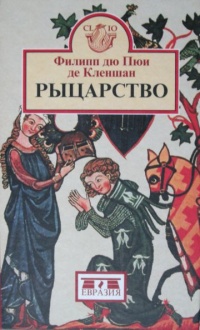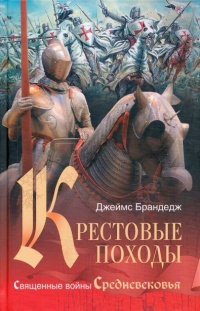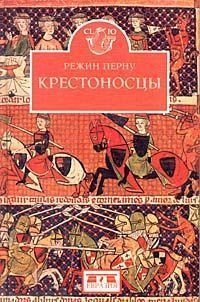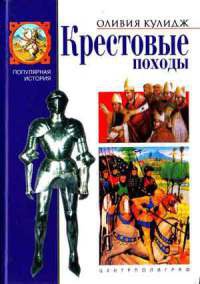Книга Крестовые походы. Идея и реальность - Светлана Лучицкая
На нашем литературном портале можно бесплатно читать книгу Крестовые походы. Идея и реальность - Светлана Лучицкая полная версия. Жанр: Книги / Историческая проза. Онлайн библиотека дает возможность прочитать весь текст произведения на мобильном телефоне или десктопе даже без регистрации и СМС подтверждения на нашем сайте онлайн книг knizki.com.
Шрифт:
-
+
Интервал:
-
+
Закладка:
Сделать
Перейти на страницу:
Перейти на страницу:
Внимание!
Сайт сохраняет куки вашего браузера. Вы сможете в любой момент сделать закладку и продолжить прочтение книги «Крестовые походы. Идея и реальность - Светлана Лучицкая», после закрытия браузера.
Книги схожие с книгой «Крестовые походы. Идея и реальность - Светлана Лучицкая» от автора - Светлана Лучицкая:
Комментарии и отзывы (0) к книге "Крестовые походы. Идея и реальность - Светлана Лучицкая"
























